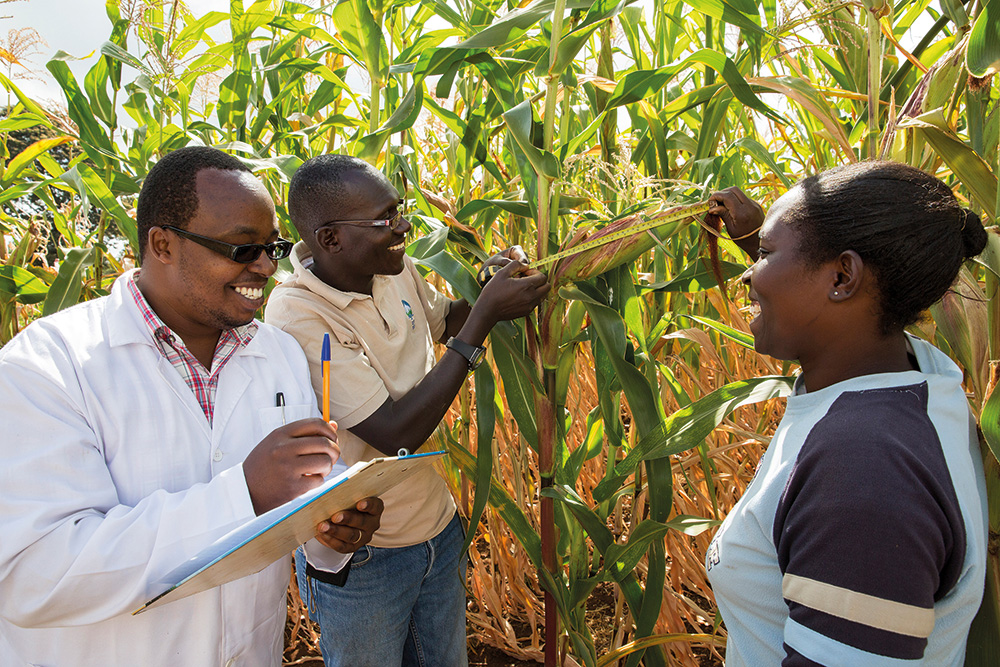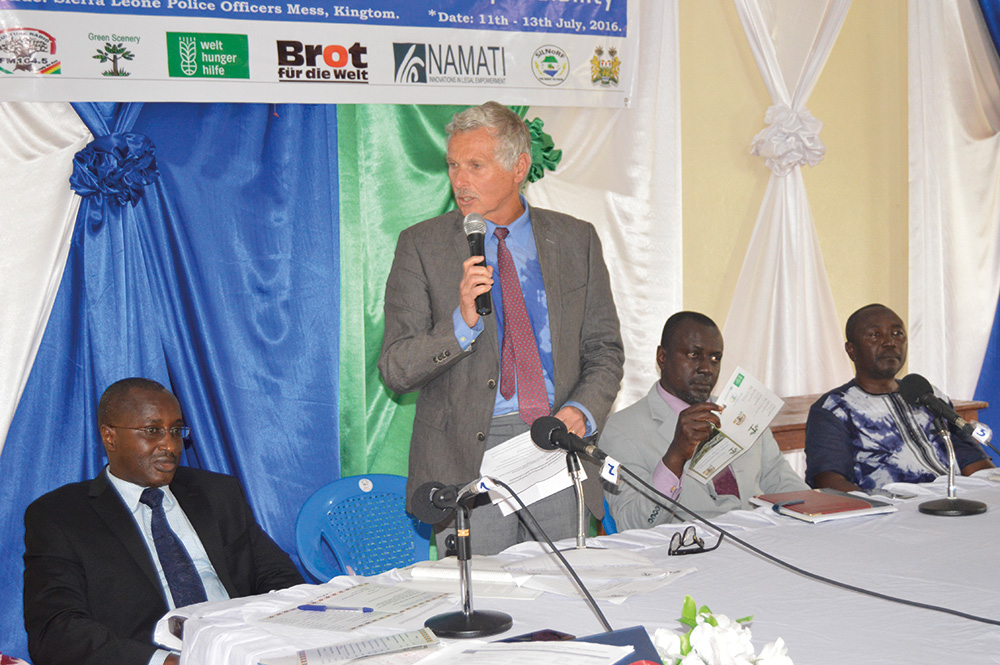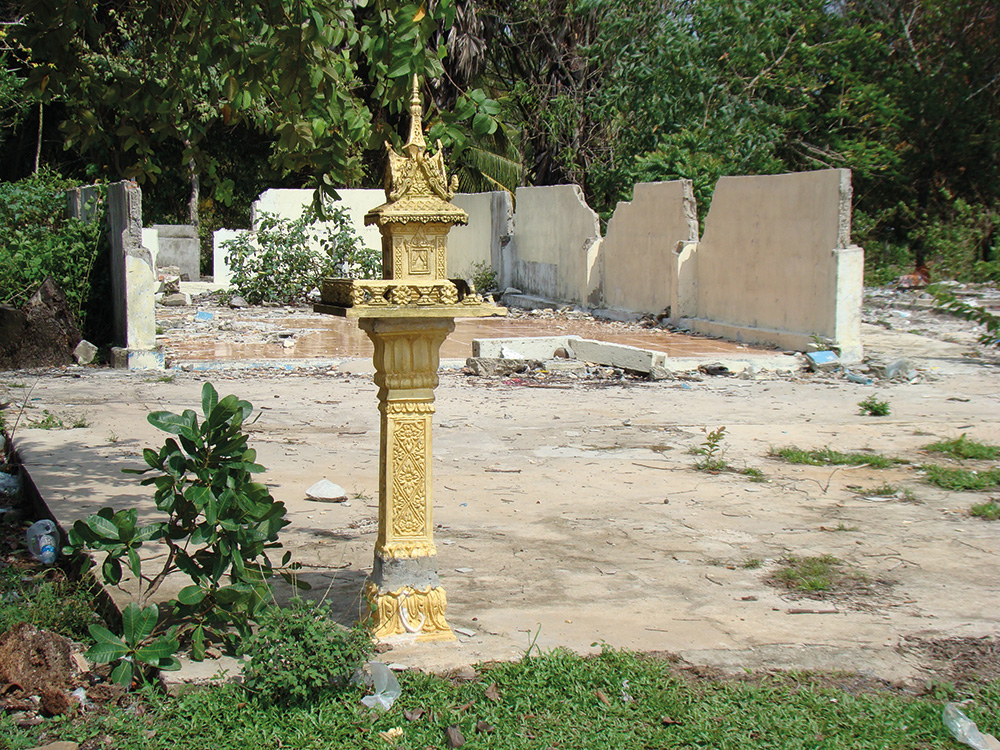Organic equals conventional
In a long-term project in Kenya, the Swiss-based Research Institute of Organic Agriculture has examined the potential of organic and conventional agriculture regarding soil fertility, the occurrence of pests and diseases, and profitability. Initial results make a strong case to implement policy measures necessary for supporting the adoption of organic management practices on a large scale.










